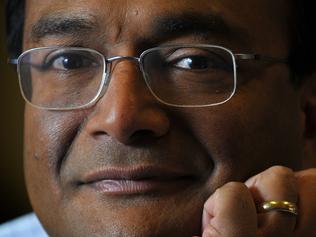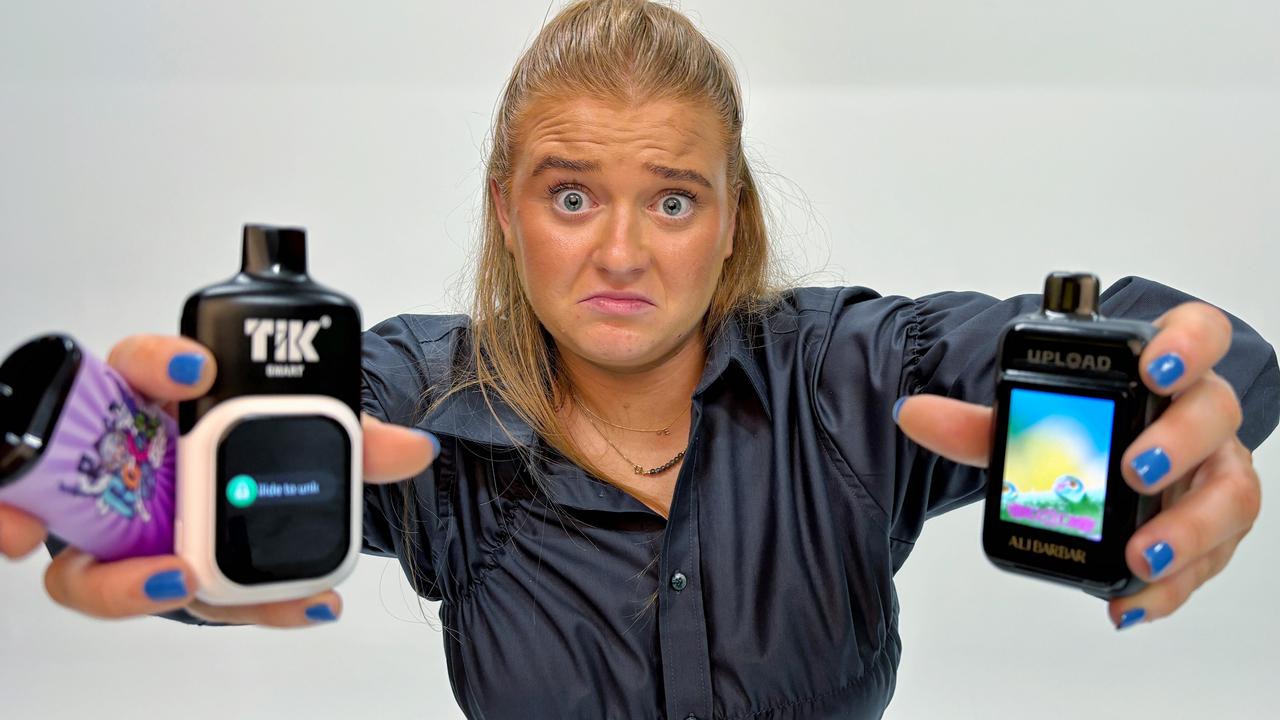Altona GP Mukesh Haikerwal looks back on incredible career
He helped lead the fight against Covid, survived a brutal attack on his life and has been a passionate advocate for patients and healthcare workers worldwide. So what’s next for arguably Australia’s best known family doctor?
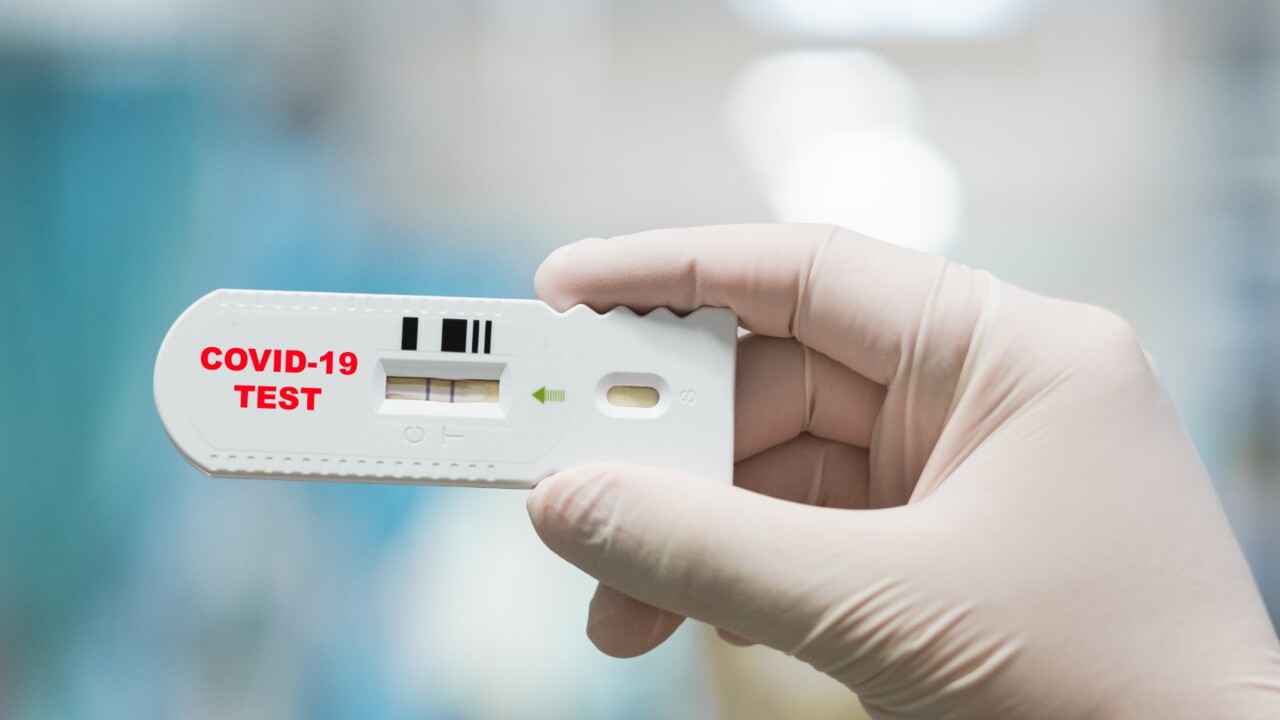
Victoria
Don't miss out on the headlines from Victoria. Followed categories will be added to My News.
A week into retirement Mukesh Haikerwal is making all the right noises.
Arguably Australia’s best known GP, the irrepressible doctor is talking holidays, movies, more time with family; buying a bike.
Dr Karyn Alexander gives a knowing nod. Her husband of 37 years is talking the good talk, but she suspects this will be more of a sabbatical than something permanent.
“I’m going to force him to (take it easy),” she says. “The travel is going to happen, but he’s not going to retire altogether. He is retiring from general practice.”
Slowing down will take some getting used to for Haikerwal, 64.
He has been at the helm of their busy Altona North general practice in Melbourne’s west for 35 years.
Concurrently, he also juggled multiple leadership roles as a passionate advocate and agitator for the rights of patients and healthcare workers worldwide.
First at state level as the Victorian president of the Australian Medical Association in 2001, then becoming Federal president of the peak professional body for doctors in Australia four years later.
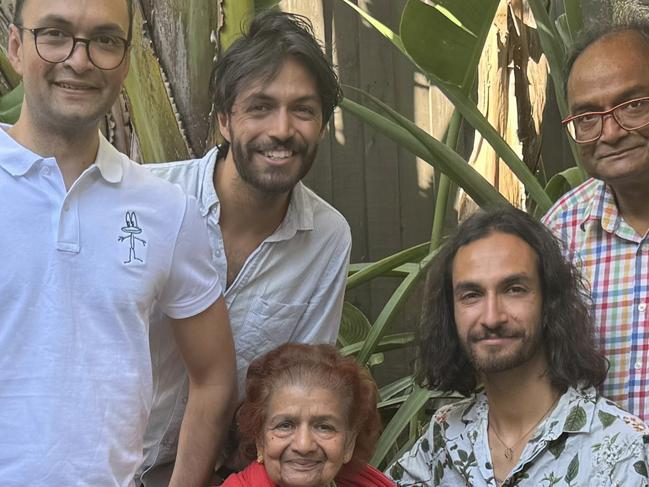
He was also chair of Beyond Blue’s National Doctors’ Mental Health Program, the World Medical Association and the Australian Institute of Health and Welfare, to name a few.
These roles took him away from home, often.
How Haikerwal managed a busy practice with more than 20,000 patients on its books alongside board roles, government and industry meetings, and being a dad, he says came down to relying on the people around him.
First and foremost a GP
Haikerwal has received many awards and accolades over the years, including a Companion of the Order of Australia in 2018. He said then that first and foremost he was a GP, a local family doctor who served his local community. It was what defined him.
He was awarded Australia’s highest civilian honour for his service to medicine through leadership, education and the not-for-profit sector, and also to the community of western Melbourne.
The recognition, he said, was an honour he said that both shocked and surprised him.
“It affected me deeply. I was filled with gratitude. It was a life-changing moment.”
Family life
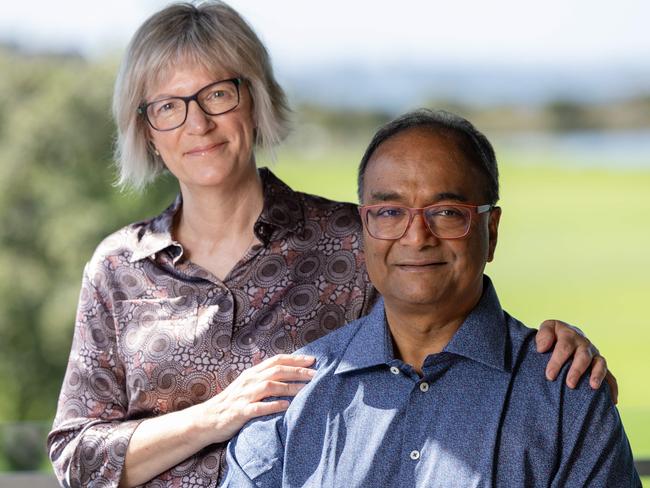
Alexander, a researcher and general practitioner, also recently retired. For her that means more time for swimming, the gym and travel where they are not restricted to four weeks and the demands of the clinic.
They have three sons: Suresh, Ajaya and Jeevan. Suresh has followed in their footsteps and is training as a clinical physician in Melbourne, his brothers Ajaya and Jeevan are accomplished and independent professionals.
It was her husband’s union activism that first attracted Alexander during their university days in England.
She says it took four terms for softly spoken Haikerwal to ask her out, but she remembers she had designs on him, she liked the way he spoke.
“You came in and were so able to convey something and I thought, ‘this guy, he can really speak well and corral people’. That made me interested.”
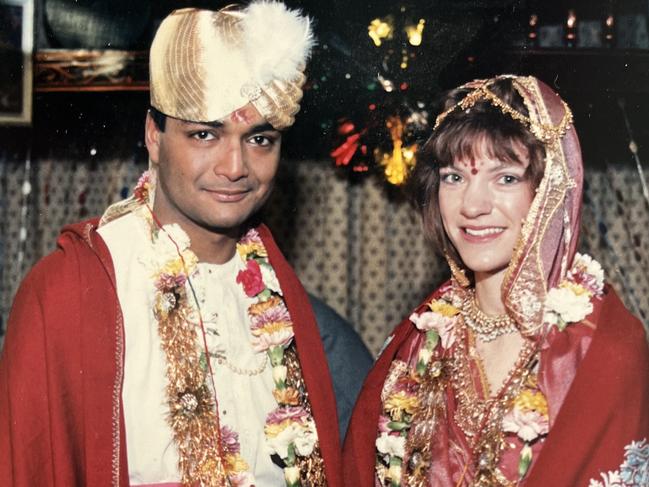
Indian-born Haikerwal was sent to boarding school in the UK at the age of six by his parents who were then working in Nigeria. His father Ishwar, who died in 1984, worked for the UN’s Food and Agricultural Organisation. His mother Dr Madhuri lectured in biochemistry.
“Initially, it was a great adventure,” Haikerwal says of boarding school. “But, of course, being the only person who looked like me in mid-1960s England it took two terms to be accepted and settled. After that, it was actually pretty good.”
His parents later moved to England and the family was compete with two younger brothers: Deepak, now a cardiologist and Rajiv, a businessman.
Haikerwal enjoyed science and said medicine seemed the logical career choice, but it took three attempts to get in to the highly competitive Leicester Medical School.
It was here he met Alexander. They married in January 1988, by which time his parents and siblings had moved to Australia. Two years later they came for a visit, and never left.
General practice
Haikerwal was impressed back then by the changes happening in Australia for general practice. He had left a national health system in the UK where he said the wheels had come off.
“When we entered general practice training, it was a go-to specialty in Britain,” Haikerwal said. “The economics were good, they put a whole lot of infrastructure into making it the go-to destination.”
In Australia, the couple said they felt general practice was respected. It was supported with a good health system, Haikerwal said, but not perfect.
“In 2025 we have forgotten the basis of what makes it so good. Which is access to GPs, access to medical diagnosis and access to services. What we forgot about is that it takes certain skills.”
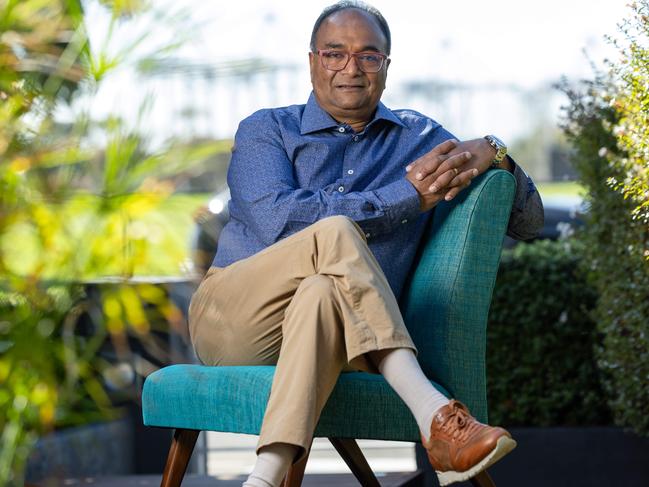
He says Medicare is great, but there’s an expectation (by patients) that the difference between the subsidy and out-of-pocket would suddenly disappear.
“And now the concentration is all on free medicine rather than quality medicine,” Haikerwal said.
He says patient care becomes compromised when lots of people are doing some of the jobs and nobody is overseeing the whole-person care and taking responsibility.
“When I first started in practice, there was a practice manager and advocate, Des Higgs, who gave me some really good advice and that was to just look after the patients and they’ll look after you,” Haikerwal said.
“And I think that’s really been at the crux of everything that I’ve done, not only in general practice, but in any of the roles because it reminded me why I’m doing it and why I’m trying to advance an agenda.”
The pandemic
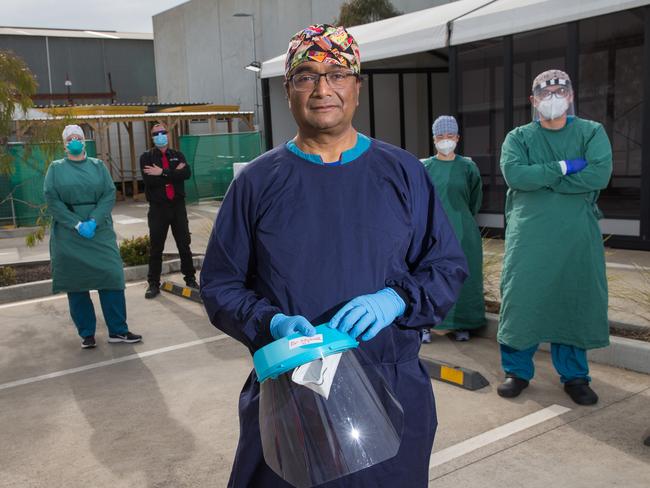
If ever there was a time his voice was needed it was during the Covid-19 pandemic.
“I could call anybody and make things happen, which was really important actually,” Haikerwal said.
Not a boast, a fact. He says that confidence was important to get things done.
Haikerwal also helped to lead the fight against Covid in Melbourne’s west; a unique multicultural area where almost half the population use a language other than English.
When he saw the need for GP respiratory clinics (GPRC), Haikerwal said he just got on with video-calls and carpark consults “totally unscripted”.
Federal Health Minister at the time Greg Hunt saw these and launched a GPRC program nationally, but made the announcement about the Altona North clinic outside the PM’s office in Canberra. Haikerwal’s became the first federally-funded Victorian respiratory clinic.
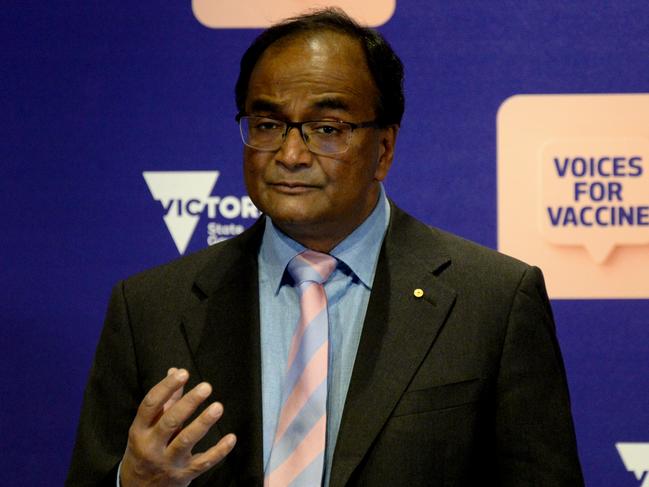
It also pioneered the use of telehealth, drive through testing stations and was the first GP-led clinic to administer Pfizer vaccines.
Haikerwal also turned his attention to improving ways to trace and monitor patients to stop the spread of the virus by working with other GPs across Melbourne. He also championed vaccination programs, helped to overcome language barriers and looked at ways to protect vulnerable frontline workers by ensuring access to personal protective equipment.
If there is a next time?
Haikerwal said better messaging and communications to make sure people understood what was being done and why, and needing to be flexible, were crucial if ever there was another pandemic.
“We did well at the beginning, I think we recognised the problem, we shut the borders, I think we took it seriously,” he said.
“I think one of the greatest things was getting the state government and the federal government to work together with local government. We managed to do things that otherwise wouldn’t have happened.”
He said the response to the pandemic was right, but towards the middle and end the overreach became apparent.
“At the beginning it was scary, nobody knew what was going on, and we didn’t know if we were going to get home the next day. It was that unknown,” Haikerwal said.
“We went in hard, which we had to, but I think that as time went by the bureaucracy became tiresome and very destructive.
“The hubris from bureaucracy was one of the things I was able to rally against and get over the bureaucratic hurdles and actually make things, real life changes and real life benefits, flow better and quicker.”
Life changing
“We’ve drawn a line in the sand. That was in the past, and we’ve moved on,” is his response to questions about the night in 2008 when he was brutally attacked and robbed.
Much has been written about it: how he was hit with a baseball bat as he walked through a park. It left Haikerwal minutes from death, a fractured skull, brain bleed and in need of months of rehabilitation.
For Alexander the memory is still raw, so much so she requests not to use images of her husband’s battered head in this story.
He called her first when it happened and she raced to the scene with Haikerwal’s brother Deepak. Together they took him to hospital for lifesaving surgery, Alexander nursing his head all the way, fearful of the consequences.
He sustained serious head injuries in the attack, those responsible were jailed.
Haikerwal said later that he had to draw a line. “I looked at my family and said we are going to go ahead, not look behind us.”
At the same time he admits it changed him and made him determined to make the most of every day.
If not a doctor?
He has always had a strong political conscience, but it was not a career in politics that would have been an alternative, but one with a focus on languages.
Haikerwal speaks Hindi, French, German and a little Italian.
“I picked up a few languages along the way, I wouldn’t say I am fluent, but I get by. I like to learn and whenever I travel, I always try and make an effort to pick up some of the local niceties.”
Saying goodbye
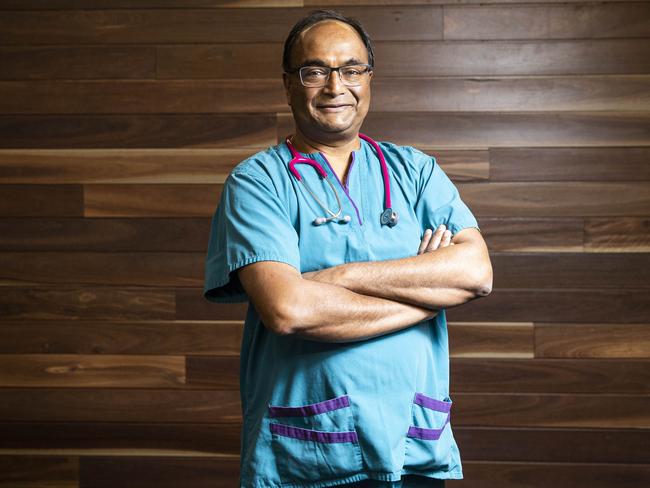
There were no big farewells for Haikerwal when he finished his last GP consult. Typically, he didn’t want a fuss.
“I think I’d have found it confronting and also painful,” Haikerwal says.
He did call a number of patients, some who had been with him from the very start, to say goodbye.
“The last few weeks were tough,” Haikerwal says. “The people I had the pleasure of caring for and being part of their lives, and then having to walk away.”
But he is proud of what he, Alexander and the team achieved and on a personal level, of the difference he made to the local community and to the national and international agenda for health.
Top of the list of his achievements as a GP, Haikerwal says, was moving into the clinic’s new building in March 2016.
Something seemingly simple, yet profound to him as it realised his dream.
“We had the infrastructure, we had the knowledge, we had the connection, we had the research understanding, and we had a team,” Haikerwal said.
“It had all finally come together.”
Off the record
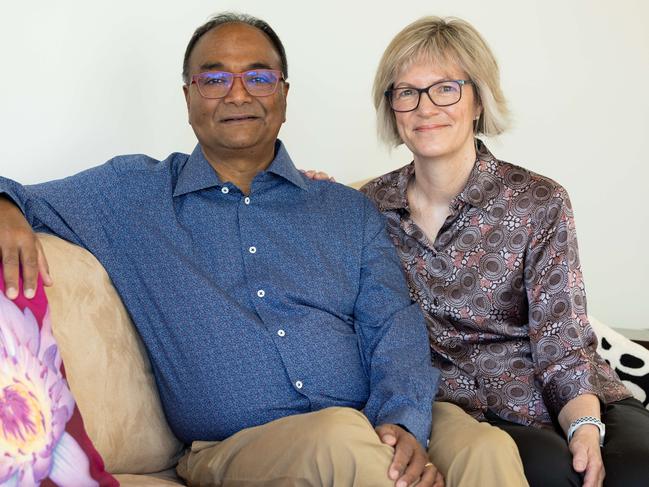
First job (and pay)?
Worked in sales at an electrical goods discount store earning £35 a week.
If you weren’t doing this job, what would you be doing?
Translating: I love dabbling in languages.
Five people you’d invite to a dinner party (dead or alive) – and why
As in my whole adult life, Karyn Alexander, my wife and partner and best friend would co-host.
• Muhammad Ali: the greatest: inspirational fearless advocate.
• Meera Syal: irreverent comedian and actor
• Michael Parkinson: interviewer, good at conversations
• Mikhail Gorbachev: the man who allowed a change in the world
• Julia Gillard: advocate for women, mental health and education, former MHR for Lalor and 27th Prime Minister of Australia
Book everyone should read
The Secret Language of Leadership (Steven Denning)
If you could live anywhere in the world besides here, where would it be – and why?
Geneva. Switzerland. The notion of egalitarianism, neutrality, advocacy, diplomacy in a beautiful setting.
First concert
Men at Work
Dream concert (dead or alive)
Queen
Most inspirational living person
Professor (Dr) John Murtagh: leader, philosopher, teacher, mentor, GP
What advice would you give your 18-year-old self?
Engage brain before opening your mouth!
First car
Mark 1 Ford Escort GGW216N
Current car
Lexus NX350h
Dream car
Aston Martin DB5
One thing people didn’t know about you/hidden talent
I love to cook
Rainy day TV binge
Yes Minister / Prime Minister
Song you get pumped up to
Come on Eileen
Biggest career regret
Not assisting in more surgery
Best piece of advice you’ve received
Don’t let the bastards grind you down!
This year I’m most looking forward to …
Freedom to spend time with family and friends with no time pressure
The one thing I’d love to change about Victoria/Victorians
Be more fiscally and environmentally responsible
The one thing I love the most about Victoria/Victorians
Big hearts, open arms and witty ironic humour!
Originally published as Altona GP Mukesh Haikerwal looks back on incredible career



